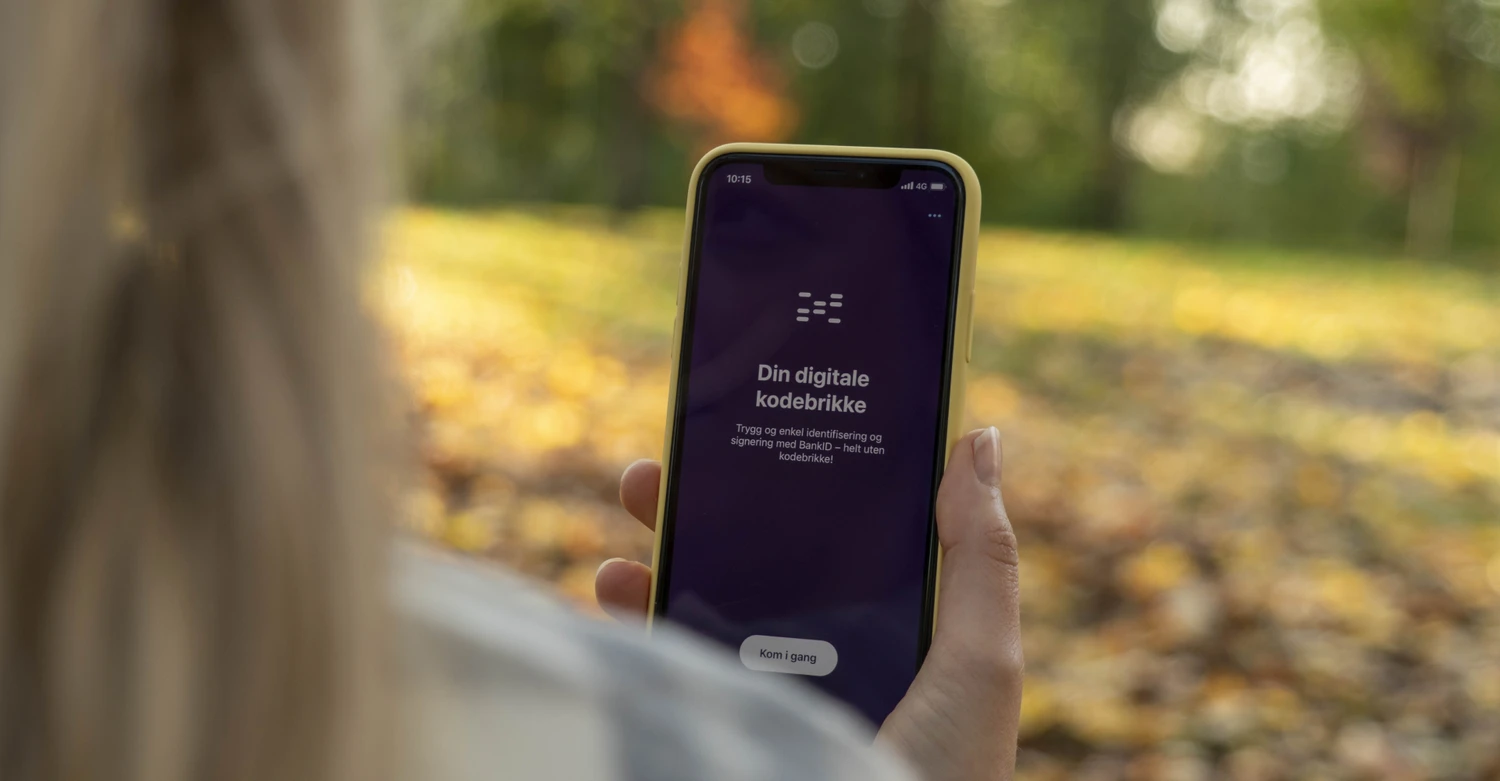Do Not Share Your BankID

As many as one in five Norwegians have logged in with someone else's BankID, according to a survey conducted by Norstat on behalf of BankID. Usually, this goes well, as most people do it with good intentions, such as helping a relative with bill payment.
"It can also go very wrong. With BankID, you can essentially take over a person's identity: you can apply for loans, make payments, mortgage a home, and access a range of health information," explains Ole Petter Aasen, a product manager at BankID.
If you suspect that someone else has used your BankID, you should contact your bank immediately, advises Aasen. They can quickly help you block your BankID.

Can have significant consequences
Over four million Norwegians use BankID, and most of them know that BankID is private. However, four percent believe it is acceptable to share passwords with others, according to a survey conducted by Norstat on behalf of BankID.
Sharing BankID with someone you trust usually works out fine, but it can have unfortunate consequences. There are also several examples of attempted fraud with BankID, where strangers try to trick you into logging into a fake website or ask you to provide your password.
With BankID, you can essentially take over a person's identity: you can apply for loans, make payments, mortgage a home, and access a range of health information
Ole Petter Aasen
Become an authorized user
If you want to help with bill payments, you should become an authorized user. This will give you access to the bank account of the person you want to assist through your own online banking, explains Aasen.
The account owner can appoint one or more authorized users in their online banking, or the bank can send an authorization form by mail.
Alternatively, you can sit together with the person you want to assist. The person who owns the BankID can log in and enter their password without you seeing it while you guide them, he explains.
For other services, such as helsenorge.no, it is possible to obtain authorization for access on behalf of others.
